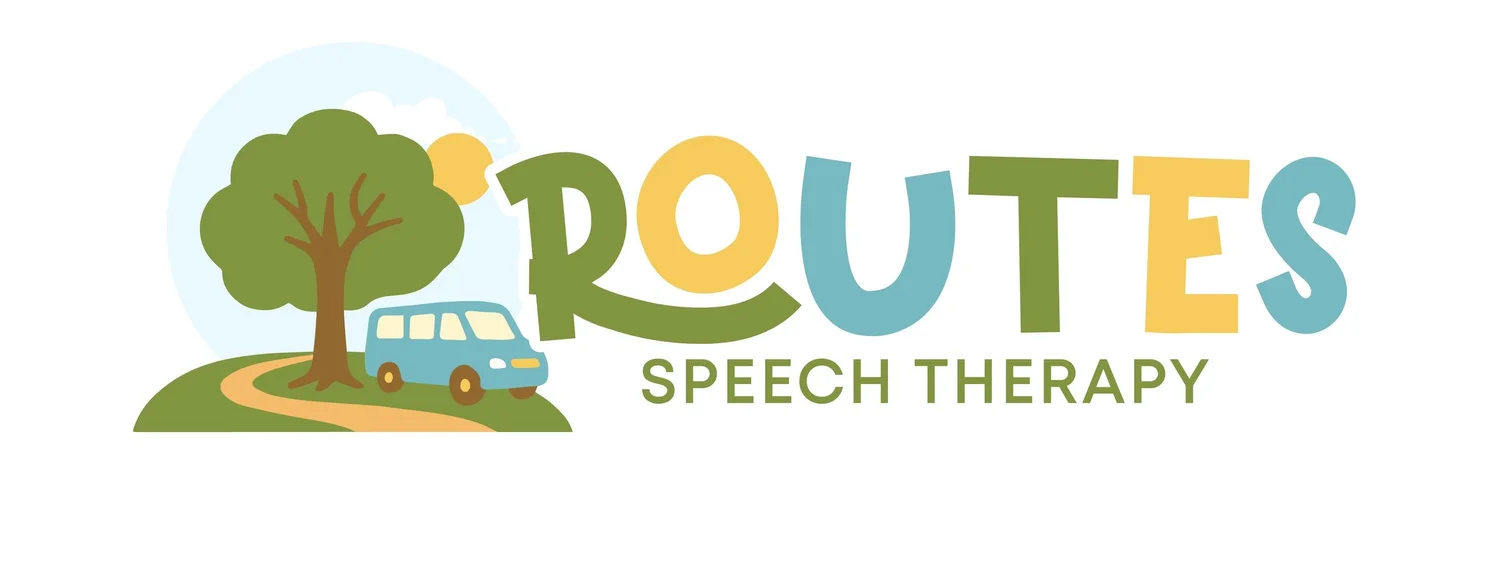TREATMENT APPROACHES
-
Treatment focuses on what a child can do and builds on those strengths. Highlighting a child’s abilities, interests, and passions serve as the foundation for meaningful learning opportunities. Letters, transportation, logos, Ms. Rachel? We lean in to special interests and use them to build communication skills.
-
The child sets the direction of the session and the adult follows their lead. By following their interests and honoring their communication style, opportunities for meaningful communication are achieved. This approach builds trust and connection which are the foundation of meaningful progress.
-
Neurodiversity acknowledges that there are natural variations in the way we think and experience the world. The term is commonly used in relation to ADHD or autism, but includes other neurological differences. Neurodivergence is not something we seek to “fix.” At ROUTES we honor and celebrate differences to cultivate authentic connection and communication. Every child deserves to feel empowered, understood, and included just as they are.
-
Some children are gestalt language processors, meaning they acquire language in meaningful “chunks,” also known as scripts. They may use echolalia to communicate through song lyrics, phrases from shows, or repeated expressions (e.g. ready, set, go) before they are able to build novel, flexible sentences. We support children through the stages of gestalt language development while honoring scripts and their communicative purposes. Echolalia communicates!
Diagnoses
ADHD
Autism
Cerebral Palsy
Developmental Delays
Down Syndrome
Genetic Syndromes
Intellectual Disabilities
Traumatic Brain Injury (TBI)
Speech & Language therapy
Articulation & Phonology
Alternative & Augmentative Communication (AAC)
Childhood Apraxia of Speech (CAS)
Expressive Language Disorders
Receptive Language Disorders
Stuttering
Ages
We serve toddlers, preschoolers, and school-age children with a focus of ages 2 to 10 years old.
Children and young adults outside of this age range are able to be seen on a case by case basis.
Routes is also credentialed with the Rocky Mount and Sandhills CDSA as a birth to 3 early intervention provider.






